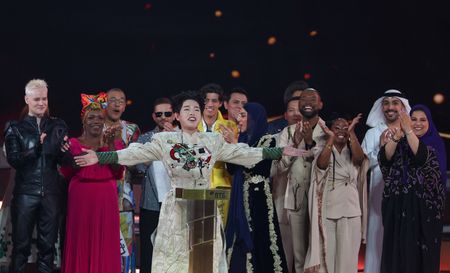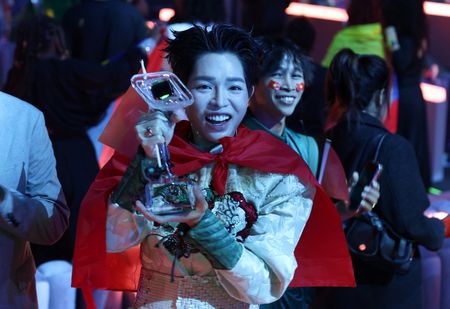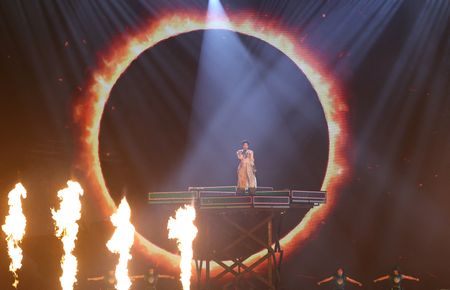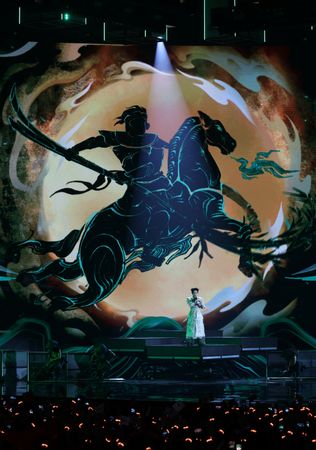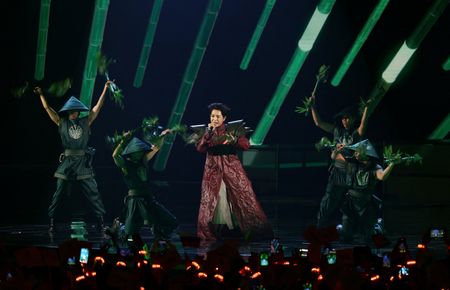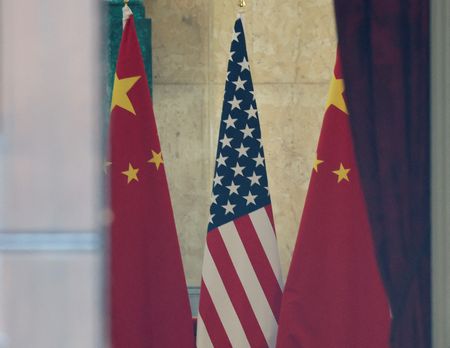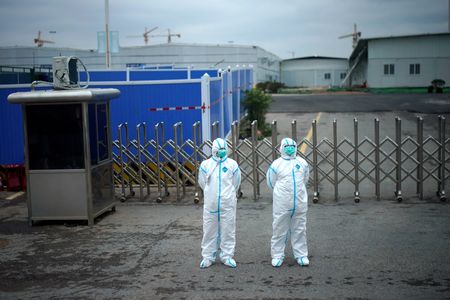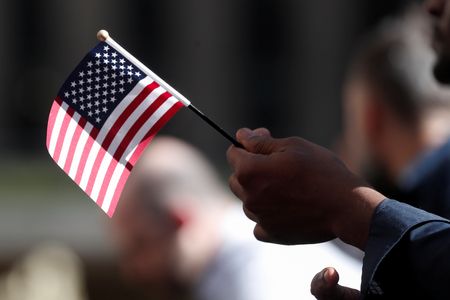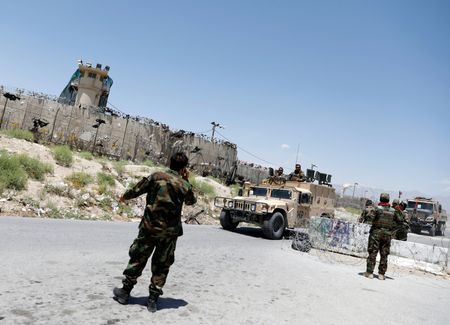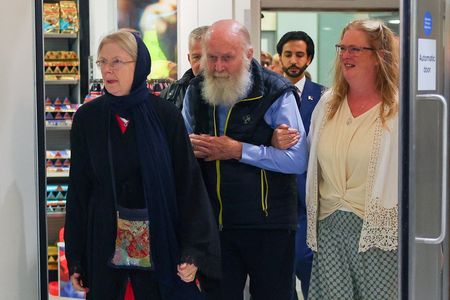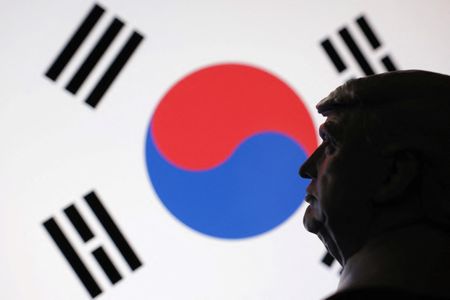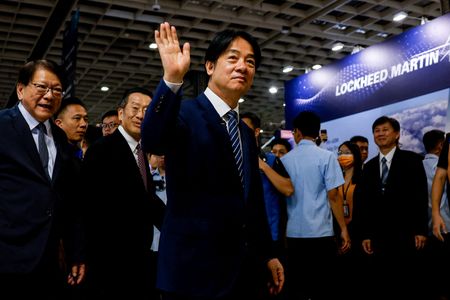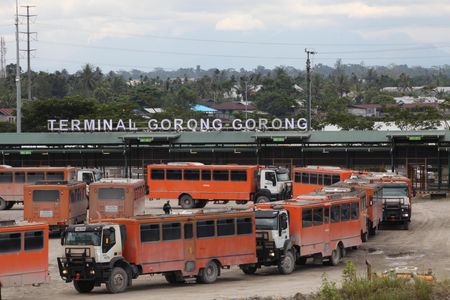By Andrew Osborn
MOSCOW (Reuters) -Vietnam was crowned the winner of the Russian-hosted Intervision song contest in the early hours of Sunday morning, a competition backed by President Vladimir Putin and conceived as a geopolitical and socially conservative rival to Eurovision.
Putin in February ordered the revival of Intervision, a Soviet-era regional musical contest based on “traditional family values” after Moscow was excluded from the Eurovision Song Contest in 2022 following Putin’s decision to send tens of thousands of troops into Ukraine.
Kyiv has called the event “an instrument of hostile propaganda”.
Shown live on Russian TV and broadcast across parts of Asia, Africa, South America and Europe, Intervision was held at an arena outside Moscow with singers hailing from more than 20 countries accounting for 4 billion people, half the world’s population, including China, India and Brazil.
Vietnam’s Duc Phuc, whose song was based on a folktale about a king famous for repelling an enemy army, was crowned the strongest act by a jury made up of participating countries.
His reward for strong vocals and a slickly-produced performance featuring pyrotechnics: a cash prize of 30 million roubles ($360,000) and a trophy.
Kyrgyzstan was awarded second place with Qatar third.
Russia’s entrant – ultranationalist singer “Shaman”, whose real name is Yaroslav Dronov – asked the jury to disregard his performance due to Moscow being the host. The organisers said that Saudi Arabia had agreed to host the contest next year.
Saturday’s competition featured acts from countries Russia considers friendly, including Belarus, Cuba, South Africa, the UAE and Venezuela.
President Vladimir Putin opened the final with a video statement saying the world was changing fast.
There was controversy though about who would represent the United States, a geopolitical outlier. “Vassy”, an Australian-born singer who also has a U.S. passport, dropped out at the last minute after coming under “political pressure from the government of Australia,” the organisers said in a statement. There was no comment from Australia.
Vassy was already a stand-in for U.S.-born R&B singer Brandon Howard, who dropped out days earlier citing family reasons.
Foreign Minister Sergei Lavrov, in a pre-contest news conference, spoke of the importance of “preserving traditions and national cultures, as well as religious, spiritual and moral constructs.”
He took a sideswipe at Eurovision which he said had once been won by “a bearded man in a dress”, an apparent reference to Eurovision’s 2014 winner, Austrian drag queen Conchita Wurst.
In Russia, stringent rules ban any actions deemed to promote homosexuality, and “the international LGBT public movement” is branded an extremist organisation.
(Reporting by ReutersWriting by Andrew OsbornEditing by Kirsten Donovan)

